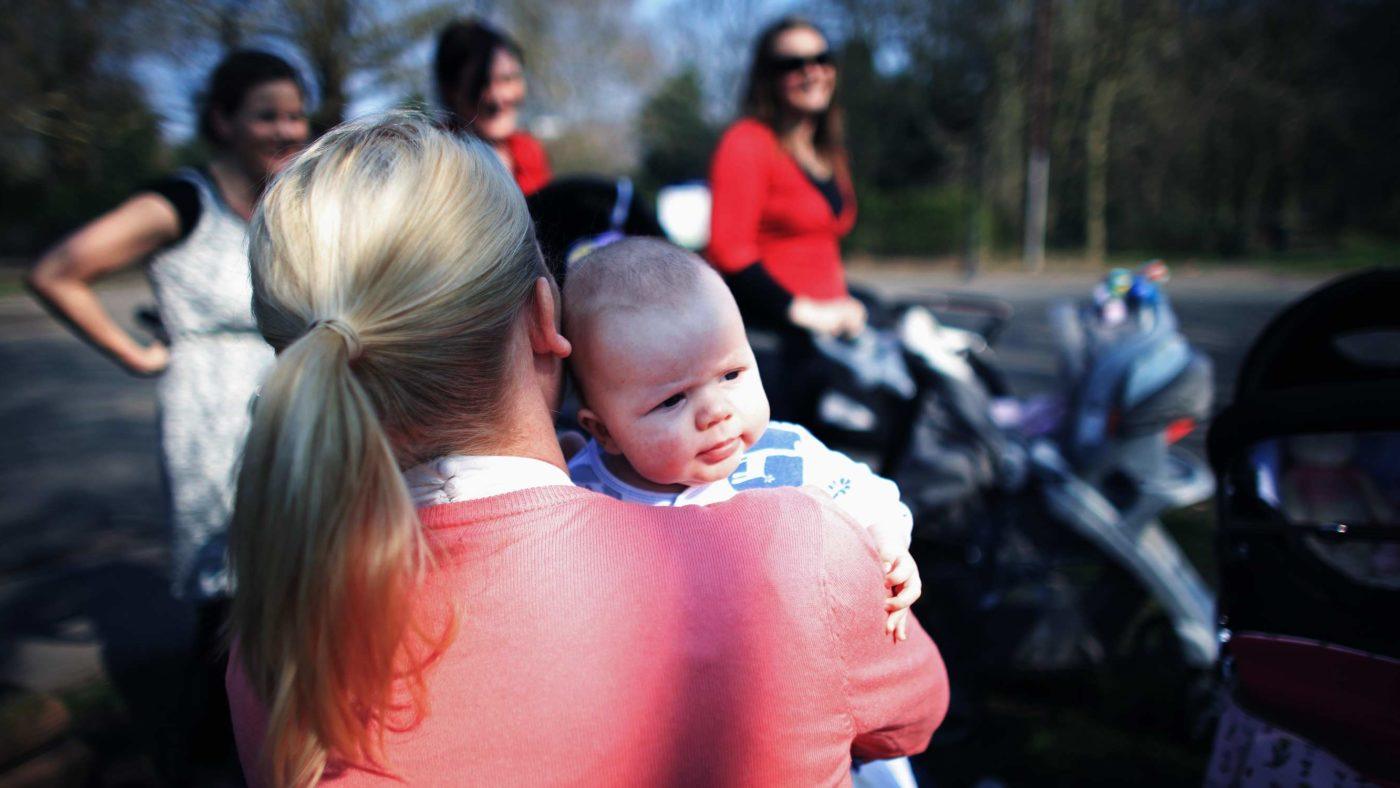It’s not usual for me to be praising David Lammy, but it’s worth doing so on his admission of the blindingly obvious about the gender pay gap.
He’s organised a letter from some 50 MPs arguing that said pay gap won’t really ever close unless men take more of the child-raising responsibilities. Yes, hurrah! Finally.
Why is this such exciting news? But it acknowledges the truth: that Britain simply does not have a gender pay gap.
Rather, it has a primary child carer pay gap. And if that’s something you want to alter, then it has to be primary child caring which changes.
The latest data from the Office for National Statistics estimates that there is a 9.4 per cent pay gap between average wages for women working full-time and men. But those who claim this is the result of employers discriminating, or the disgusting patriarchy, are simply wrong.
In fact, we can explain this phenomenon without any reference whatsoever to discrimination on the employer’s side.
It’s well known that lesbians earn more than straight women, and gay men less than straight men. Childless single women in their forties earn not just more than other women, but more than men.
What is driving all of this, of course, is children – or their absence. Each child reduces a woman’s earnings by some 9 per cent, ish. And while the TUC’s estimate of a 21 per cent pay rise associated with fatherhood is grossly overcooked, there does seem to be a bump of 6-8 per cent.
Coming at this slightly differently, another paper, looking at the US job market, found that “the gender gap largely stems from choices made by women and men concerning the amount of time and energy devoted to a career”. It found no difference in pay across gender among people who have the same familial responsibilities.
When children arrive, behaviour changes. And to explain Britain’s general pay gap – that 9.4 per cent differential – you don’t need anything else. Take the mother/non-mother gap, the father/non-father one, mix in the proportions of all four states in the population, and you reach the observed difference across the genders. There is no room left for discrimination.
Of course, there’s an argument that the way we assume gendered childcare roles is discrimination – but that’s by us ourselves, rather than something imposed upon us by employers. And we’d be a pretty strange mammalian species if the arrival of the little ones didn’t change behaviour in some way.
So full marks to Lammy and the others for finally reaching this understanding – one I’ve been shouting about this past decade (which, I hope, had at least something to do with the introduction of paternity leave in the first place).
But it’s at this point that Lammy and I part company again. For while they’ve reached the sunny uplands of informed understanding, he and his friends are still managing to get things wrong.
Lammy, and Sam Smethers from the Fawcett Society, go on to tell us that fathers want to take more of that childcare responsibility. So the answer to the low take-up of shared paternity leave should therefore be to force fathers to take off three months, non-transferable.
Which leads us into the real argument here – about what being “liberal” means.
All of us would describe ourselves as social liberals, but we mean very different things.
I would, and do, argue that we should set the world up so that people have choices: in this instance, every parent should have an equal opportunity to be chief nappy-changer. But once that equality has been established, then it should be down to those individuals to decide how to live their own lives.
What we’re getting from Lammy is that if we don’t have equality of outcome – the probability of getting to which I’d put somewhere south of 0 per cent – then we’ve got to keep pushing people to change their choices.
This is the New Soviet Man mistake again. If only we could change humans from being what they are, then true equality would arrive. But that’s not being liberal: that is imposing your own desired behaviour upon people.
To be liberal is to insist that all can make their own decisions about how to be human. And if that means that fathers think it incumbent upon them to provide economically for their children, then that’s just how it works out, isn’t it?
Lammy and co are right, at last, in that the gender pay gap is a result of choices about who does the primary childcare. But they’re still wrong in thinking that the outcome of those choices must be equality, rather than simply giving people the opportunity to achieve it.


